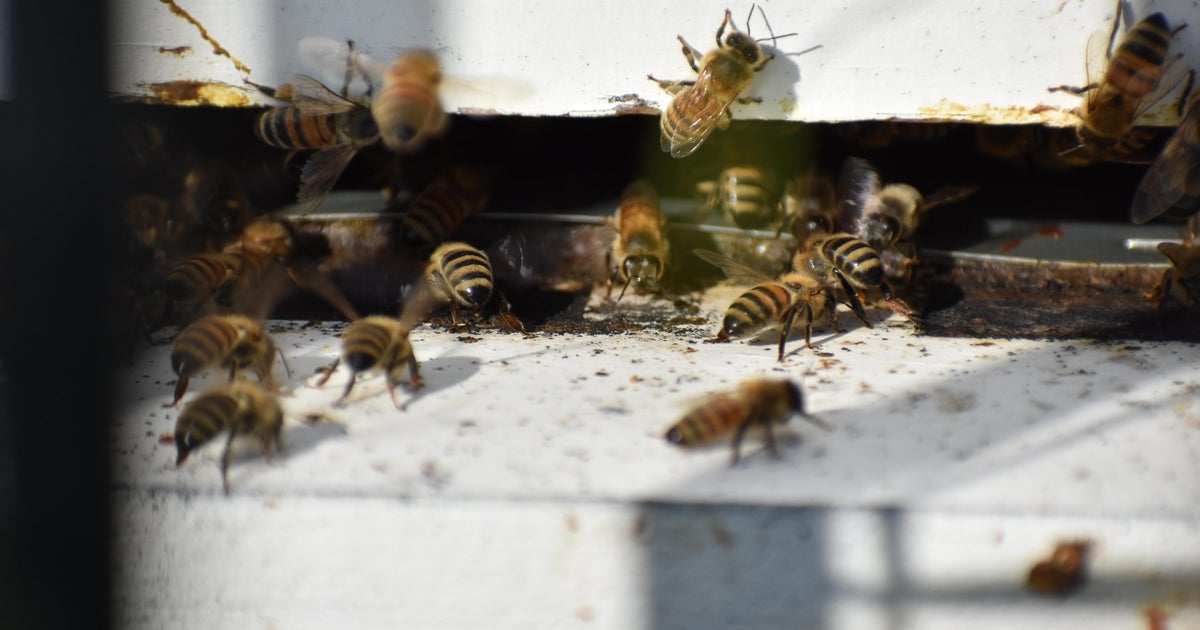Michigan reports its first human case of bird flu, the second in the U.S.
(CBS DETROIT) - The Michigan Department of Health and Human Services announced the state's first human case of the bird flu virus.
The virus, also known as bird flu, was detected in a resident who had been exposed to livestock infected with the flu. MDHHS said the farmworker experienced mild symptoms and has recovered.
According to the Centers for Disease Control and Prevention, this is the second in the United States. In March, the virus was detected in Texas, where a farmworker was exposed to dairy cattle presumed to be infected.
Health officials said despite the newest case, the risk against humans remains low.
"Michigan has led a swift public health response, and we have been tracking this situation closely since influenza A (H5N1) was detected in poultry and dairy herds in Michigan. Farmworkers who have been exposed to impacted animals have been asked to report even mild symptoms, and testing for the virus has been made available," said Dr. Natasha Bagdasarian, Michigan's chief medical executive. "The current health risk to the general public remains low. This virus is being closely monitored, and we have not seen signs of sustained human-to-human transmission at this point. This is exactly how public health is meant to work, in early detection and monitoring of new and emerging illnesses."
The first case was detected this year in dairy herds that came to Michigan from Texas. Since then, it has been found in multiple counties, causing Michigan egg producer Herbuck's Poultry Ranch to lay off about 400 employees. The company said the virus impacted its hen population at some farms in Ionia County.
In the last two days, the virus was detected in four new dairy herds in Clinton, Gratiot and Ionia counties.
Residents shouldn't drink raw milk, health experts say
Michigan health experts have warned residents not to drink unpasteurized milk products because the virus can spread to humans by consuming these products.
"Anyone can get sick from drinking raw milk, but children under age 5, adults over age 65 and those with weakened immune systems are more at risk for getting sick," said Dr. Natasha Bagdasarian, chief medical executive. "Now that HPAI is infecting both cows and birds, it's important to make sure that you are consuming food that is safe, including ensuring that the milk products you eat or drink are pasteurized."
Milk products sold in stores and provided in school lunches are pasteurized, but milk consumed from farms may not be.
Officials say that pasteurized milk goes through a heating process that kills disease-causing germs.
Guidelines for Michigan dairy farms
Earlier this month, state Department of Agriculture and Rural Development issued guidance to help producers reduce the spread. The order went into effect on May 8.
Under the order, all Michigan dairy farms and poultry operations must implement the following:
- Designate a biosecurity manager
- Designate a line of separation to represent the perimeter of a secure area, limiting access points
- Establish cleaning and disinfection practices and procedures at those access points for both vehicles and individuals, including deliveries of feed and other supplies, and training for employees
- Establish a logbook maintaining a record of all vehicles and of individuals who have gotten out of vehicles and crossed those access points, to be retained and made available for examination upon request by MDARD.



